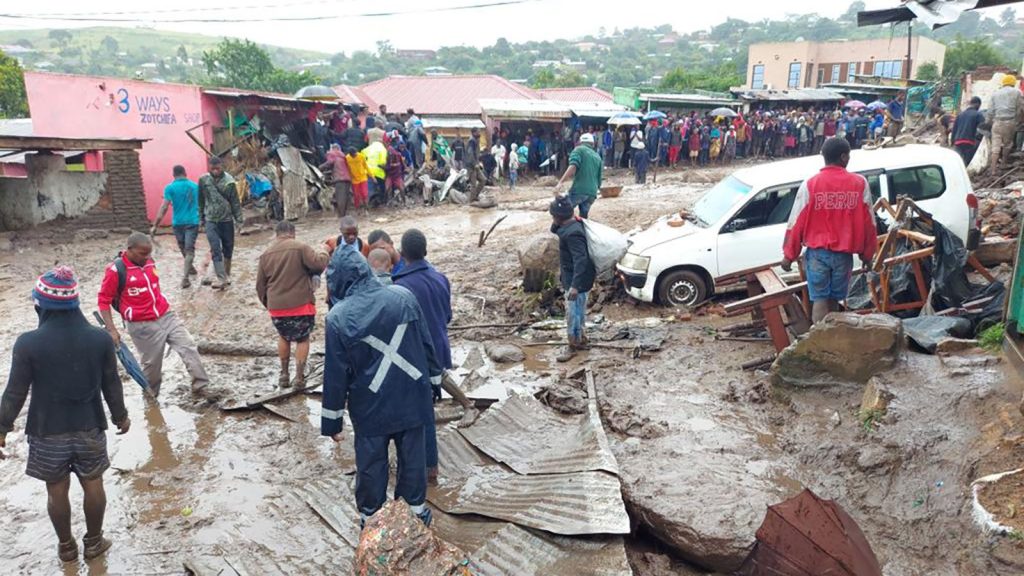Firm outlines Freddy costs on economy
Malawi’s economic landscape faces considerable risks including macro-economic imbalances and elevated debt levels in view of Tropical Cyclone Freddy, local investment firm Bridgepath Capital Limited has warned.
The advisory and investment firm expressed the fear in its Monthly Economic Review Report for March, a publication that provides analysis of economic and structural development issues.

The firm said the economy is at risk of further exchange rate depreciation compounded by inflationary pressure, stemming from potential decrease in exports.
Reads the report in part: “The cyclone has disrupted supply chains, damaged infrastructure, and destroyed crops and livestock, this may lead to supply shortages and resulting higher prices for goods and services and ultimately cause inflation to rise in the short term.
“On the other hand, with the expected decline in foreign exchange earnings from the damage caused to export crops, the local currency may potentially weaken.”
The firm also observed that the expected higher government expenditure on emergency response and reconstruction efforts could negatively affect the economy.
According to the firm, given that the recently approved 2023/24 National Budget has been amended to account for the additional spending required for the response to the cyclone, government may need to borrow more, which might then lead to an increase in public debt.
“This, in turn, can lead to higher government securities yields and interest rates, making it more expensive for the government to borrow in the future. In addition to this, the increase in government borrowing will crowd out private sector borrowing in the country,” said the firm.
Malawi has been hit hard by Cyclone Freddy, causing floods and mudslides that damaged power lines, roads, farmlands and livestock, as well as disrupted water supply and telecommunication services.
According to available data, the cyclone has destroyed 204 833 hectares of crops including maize, pigeon peas, beans, tobacco and sorghum have either been submerged or washed away.
Reserve Bank of Malawi Governor Wilson Banda is also on record as having said real gross domestic product which was expected to rebound and grow by 2.7 percent in 2023 from 1.2 percent the previous year will be revised downwards to incorporate effects of Cyclone Freddy.
Catholic University economics lecturer Hopkins Kawaye in an interview also admitted that the damage caused by the cyclone, especially on agricultural produce is a cost to the economy.
“It is, therefore, expected that as crops have been destroyed and economic activities disrupted as well, food prices will go up,” he said.
Meanwhile, the World Bank revised downwards its earlier gross domestic product growth projection of 2.7 percent for 2023, to 1.6 percent.n





